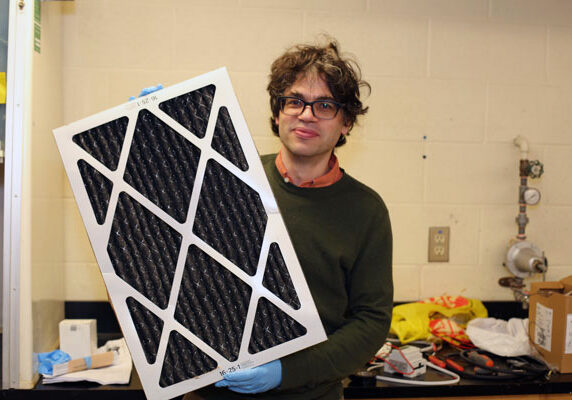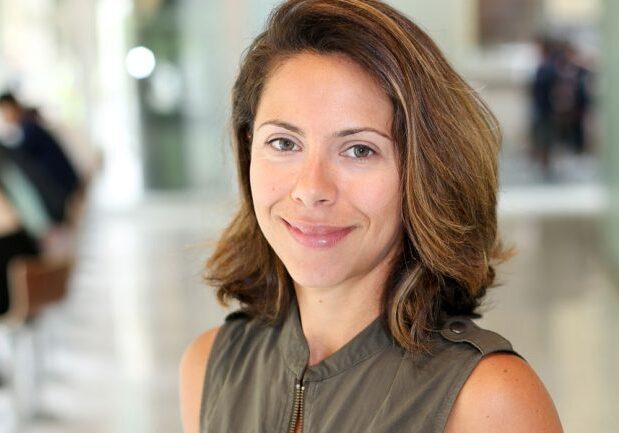
Modelling the health benefits of electric cars
A new study from Professor Marianne Hatzopoulou (CivMin) suggests that each electric car in Toronto could provide nearly $10,000 worth of social benefits by improving air quality.
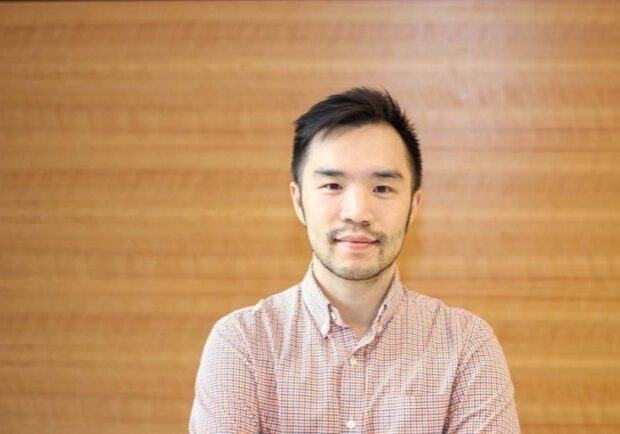
New ‘rock candy’ approach could lead to simpler, faster tests for COVID-19
Professor Leo Chou (IBBME) and his team are investigating a one-step method for detecting genes from viruses, including the one that causes COVID-19
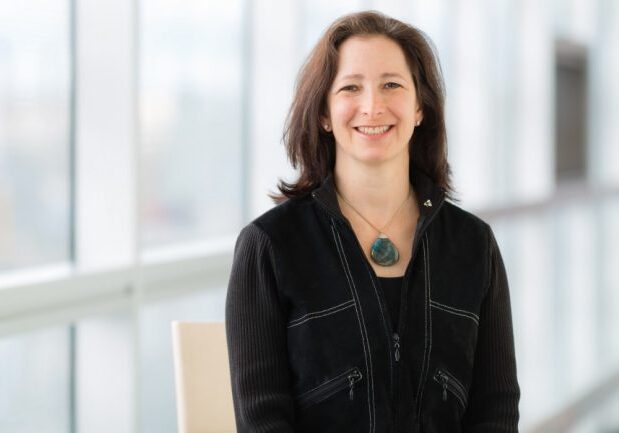
U of T researchers develop ‘piggyback’ vehicle to escape the endosomal trap and deliver RNA therapeutics
Their platform has shown to downregulate critical genes in cancer cells, and could be used for other genetic diseases
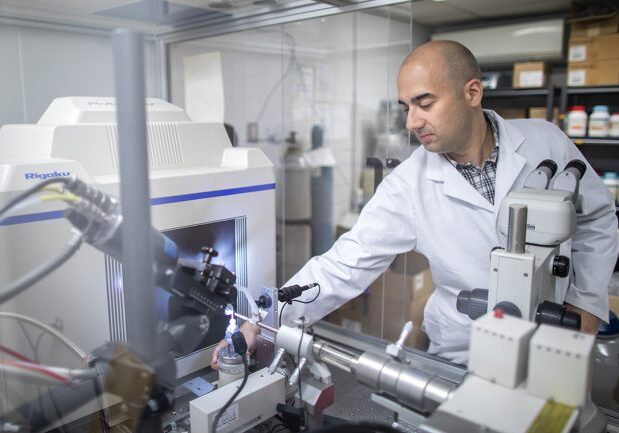
A U of T Engineering team is manufacturing coronavirus ‘parts’ for COVID-19 research
The newly launched COVID-19 Protein Manufacturing Centre at U of T will distribute virus proteins to the science community free of cost
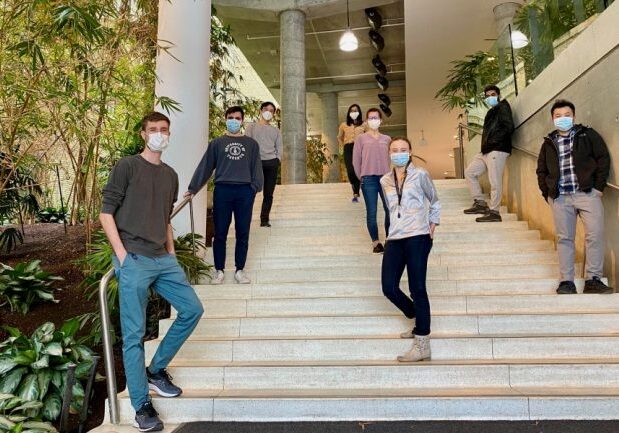
Meet the U of T Engineering team developing an on-the-go test for COVID-19
Professor Warren Chan’s lab are working on a rapid, sensitive testing kit that could be rolled out across under-resourced communities
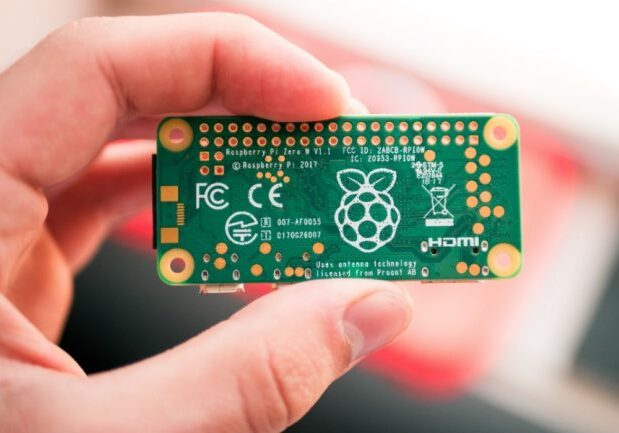
U of T Engineering team programs single-board computers to remotely monitor COVID-19 patients and protect health care workers
Solution developed by Professor Willy Wong (ECE, IBBME) and his team also helps preserve precious supplies of personal protective equipment for front-line workers
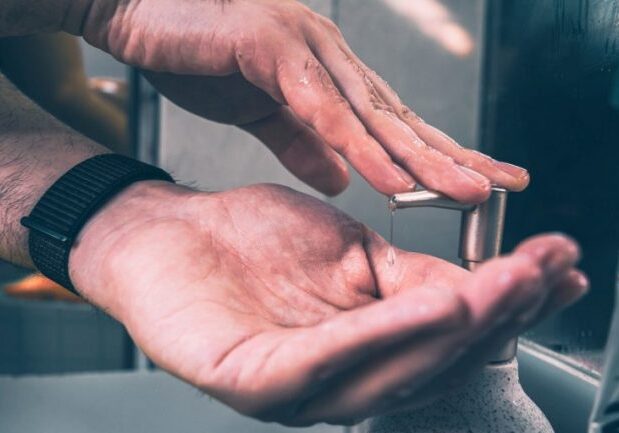
U of T startup’s wearable tech encourages hand hygiene to prevent the spread of COVID-19
As COVID-19 cases increases the workload for health-care professionals, an IBBME researcher has developed Buddy Badge to remind frontline workers throughout the day of opportunities to wash their hands


